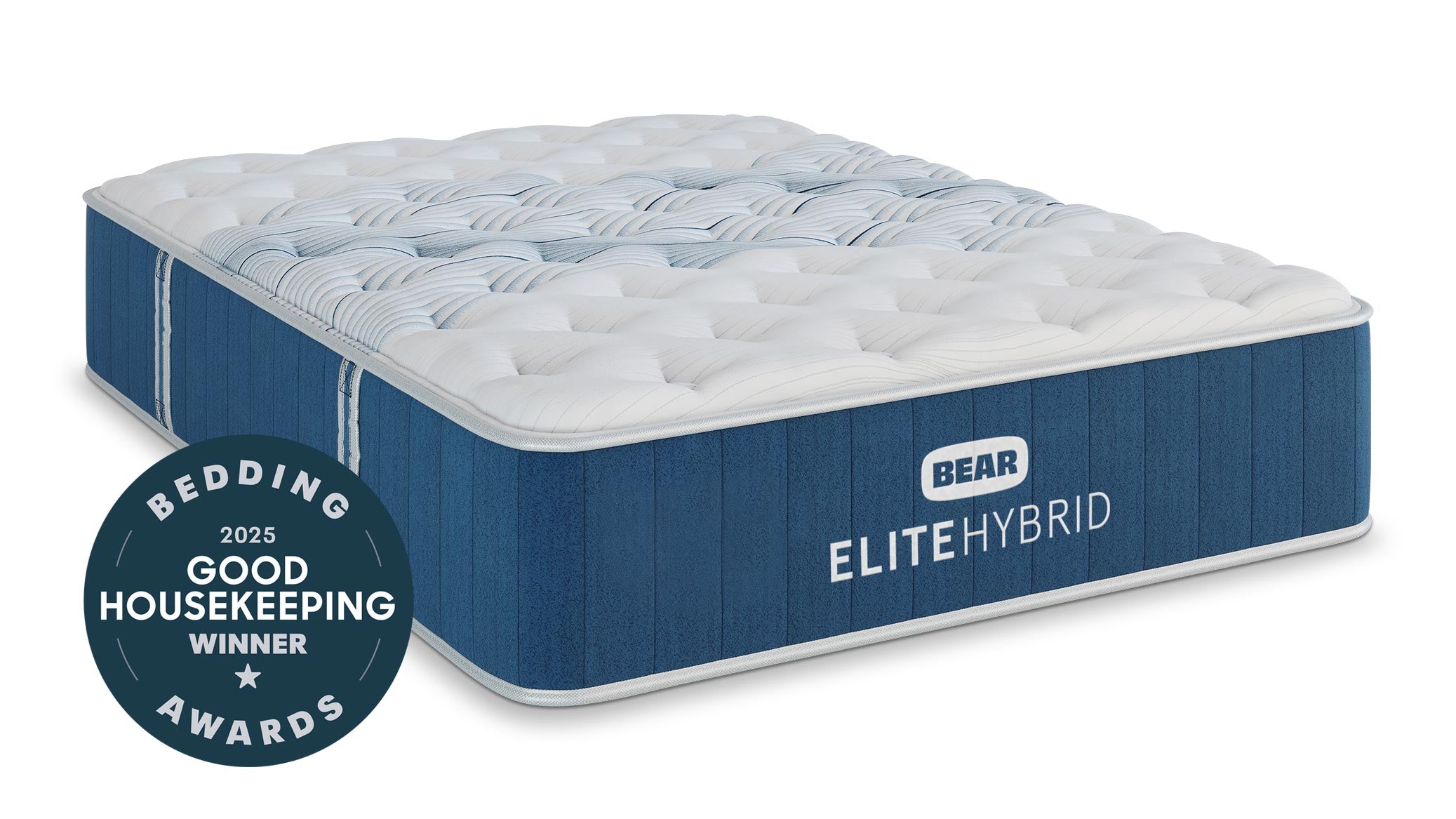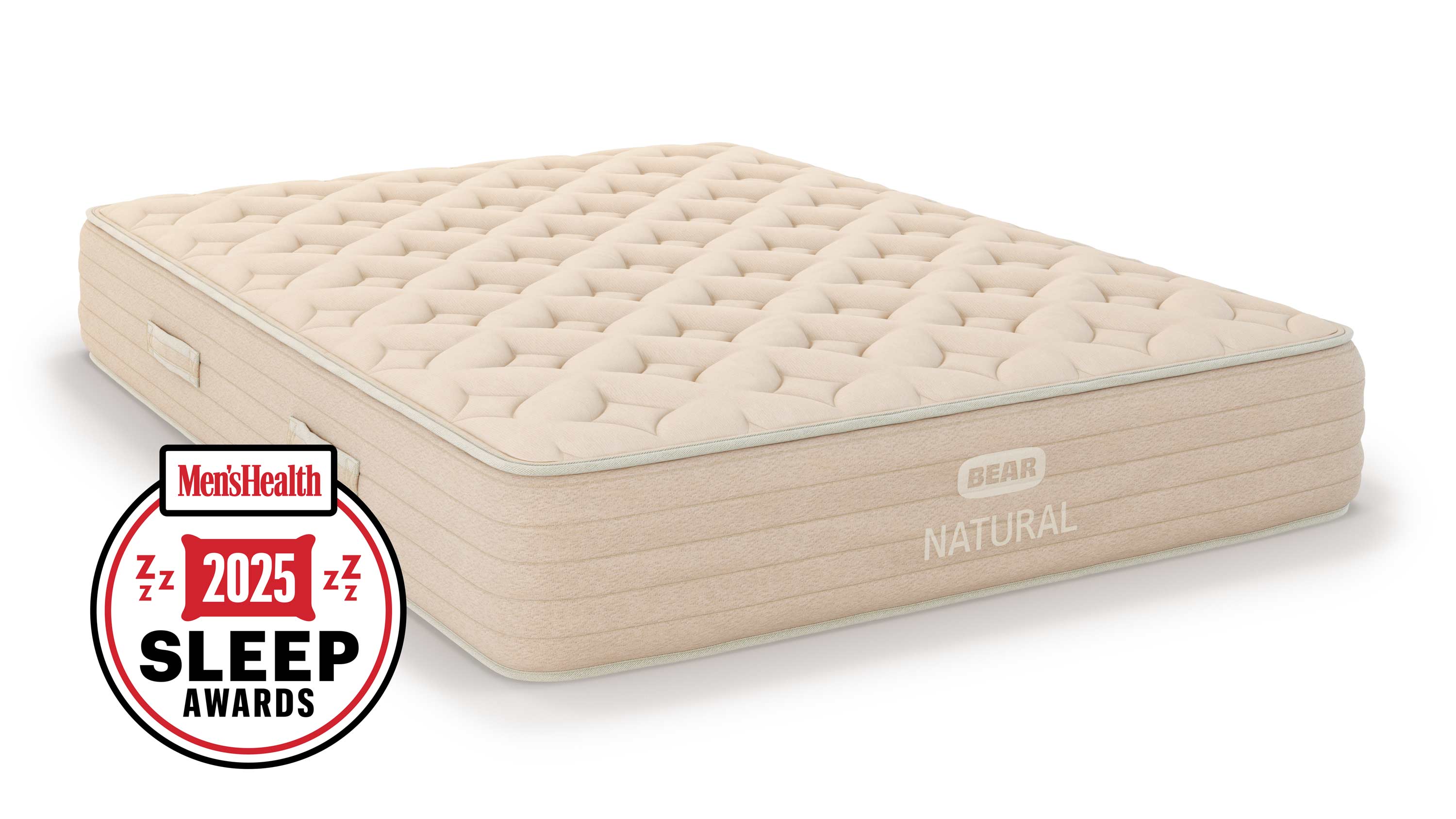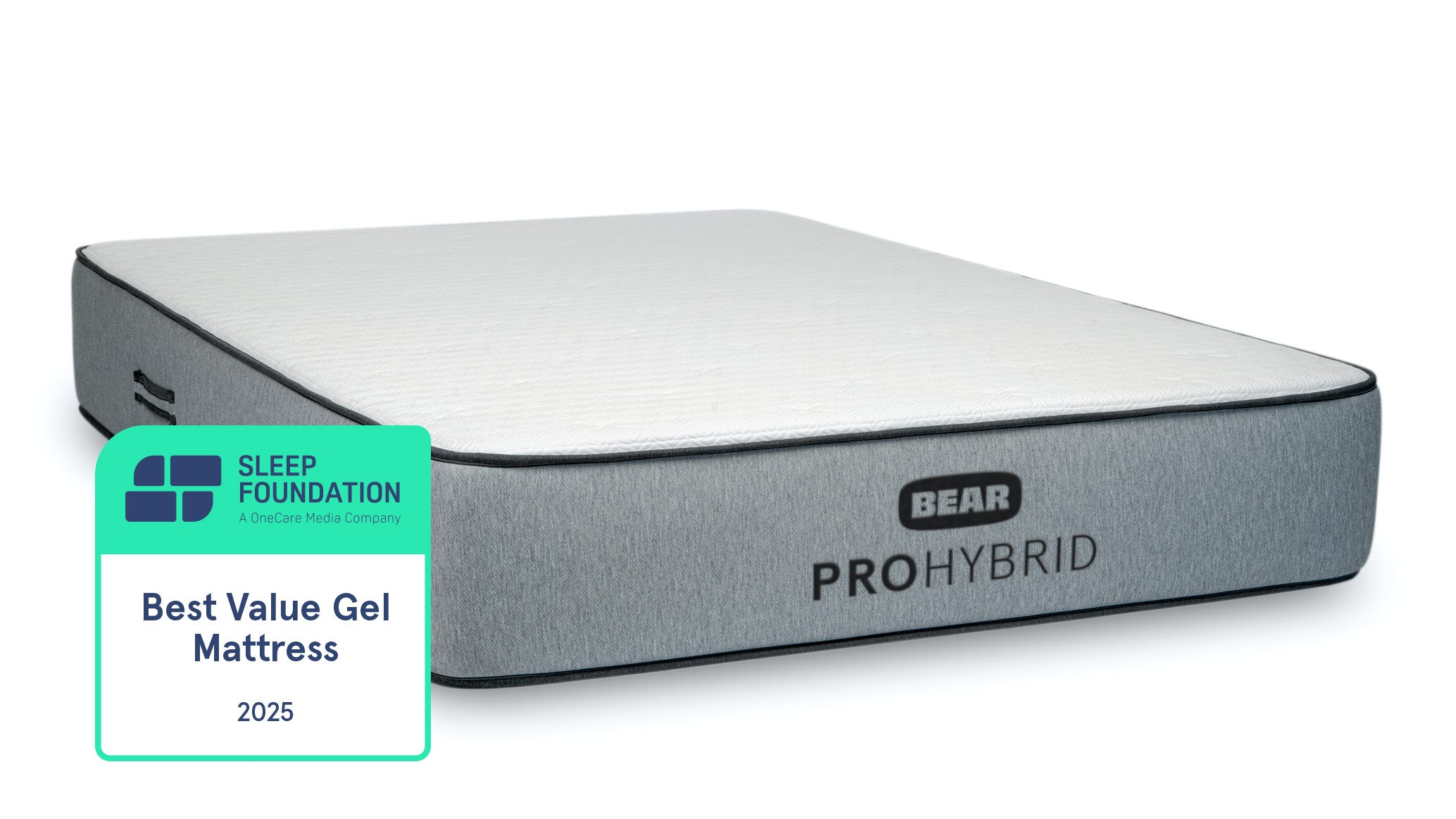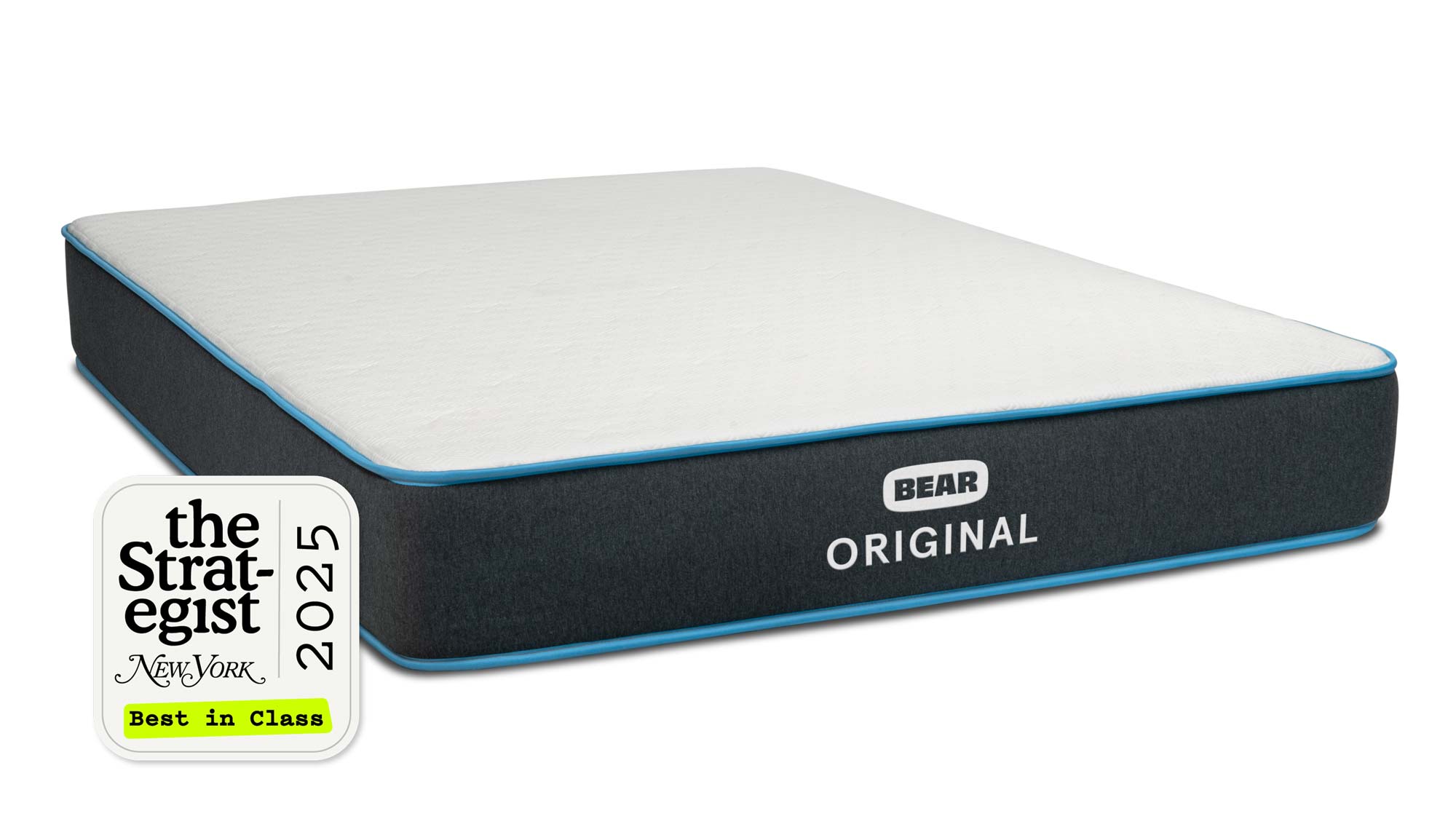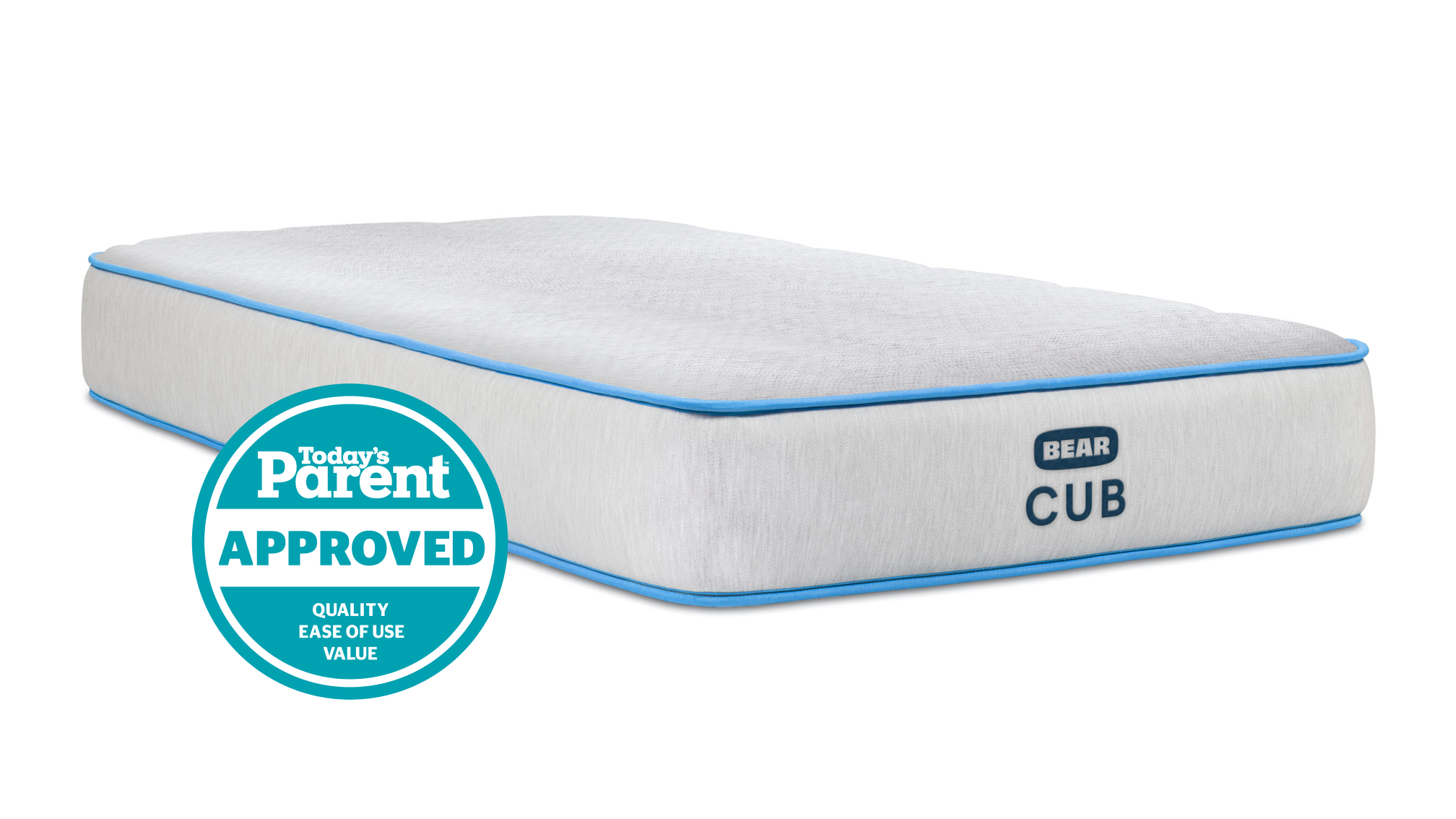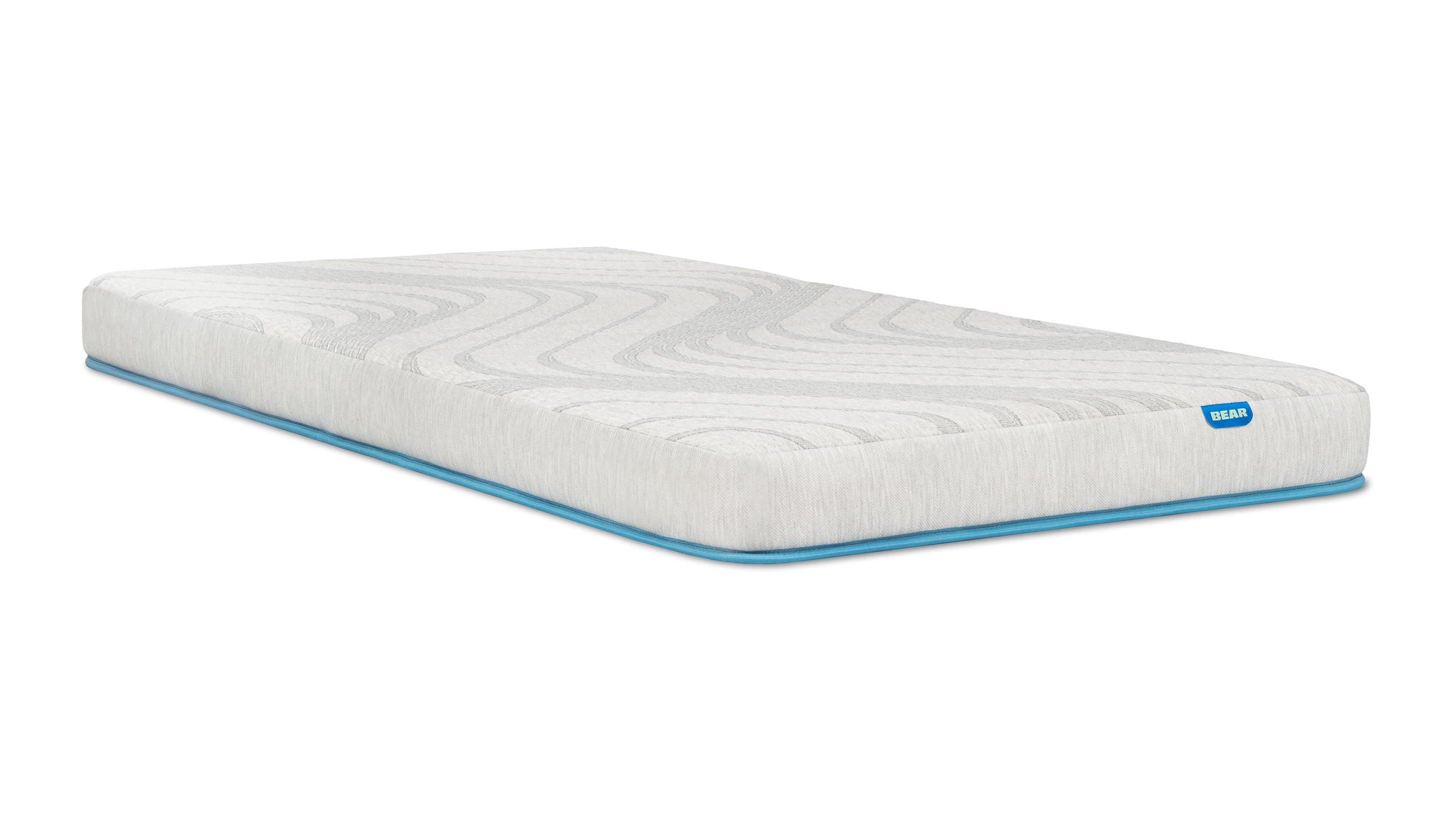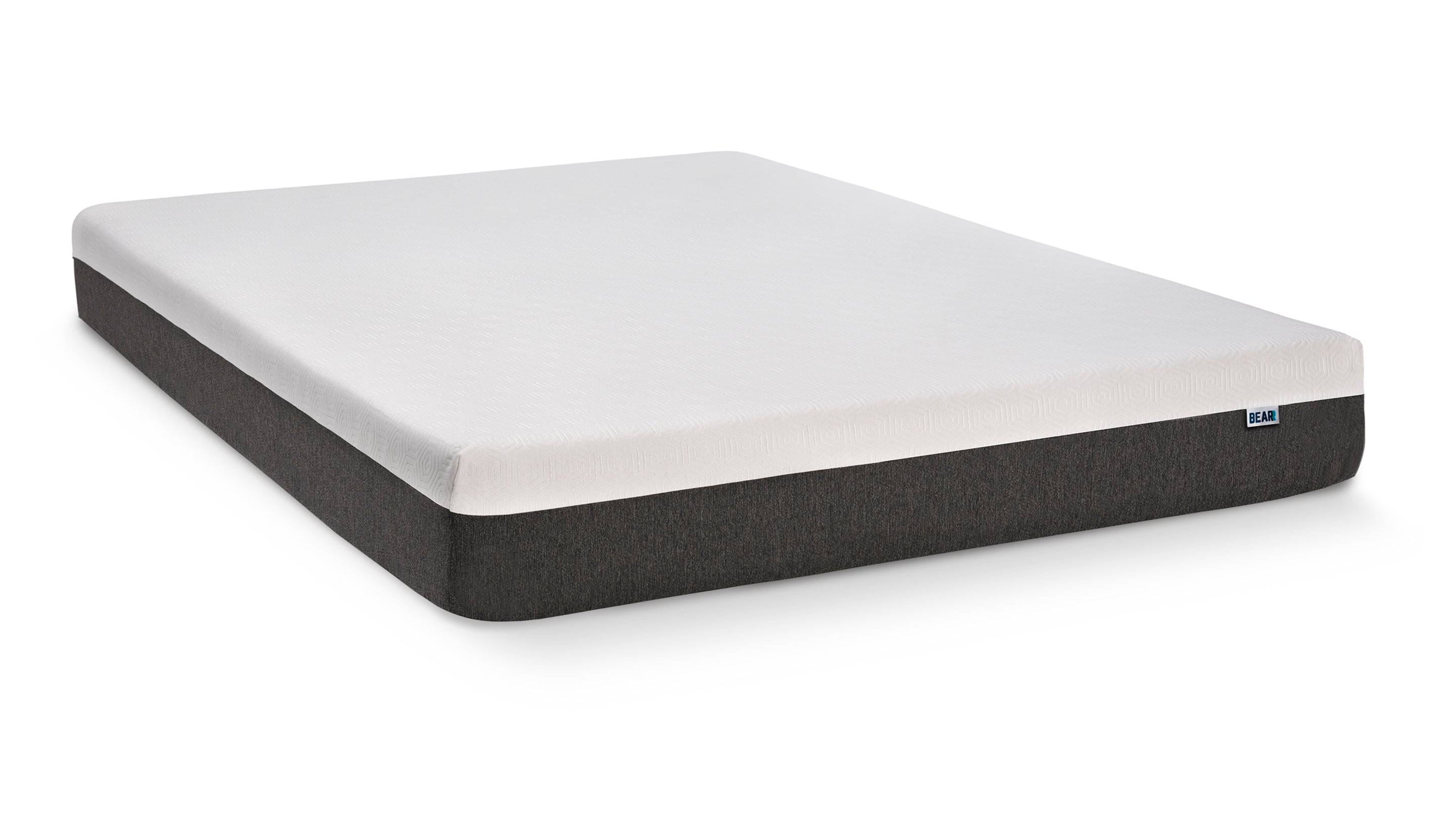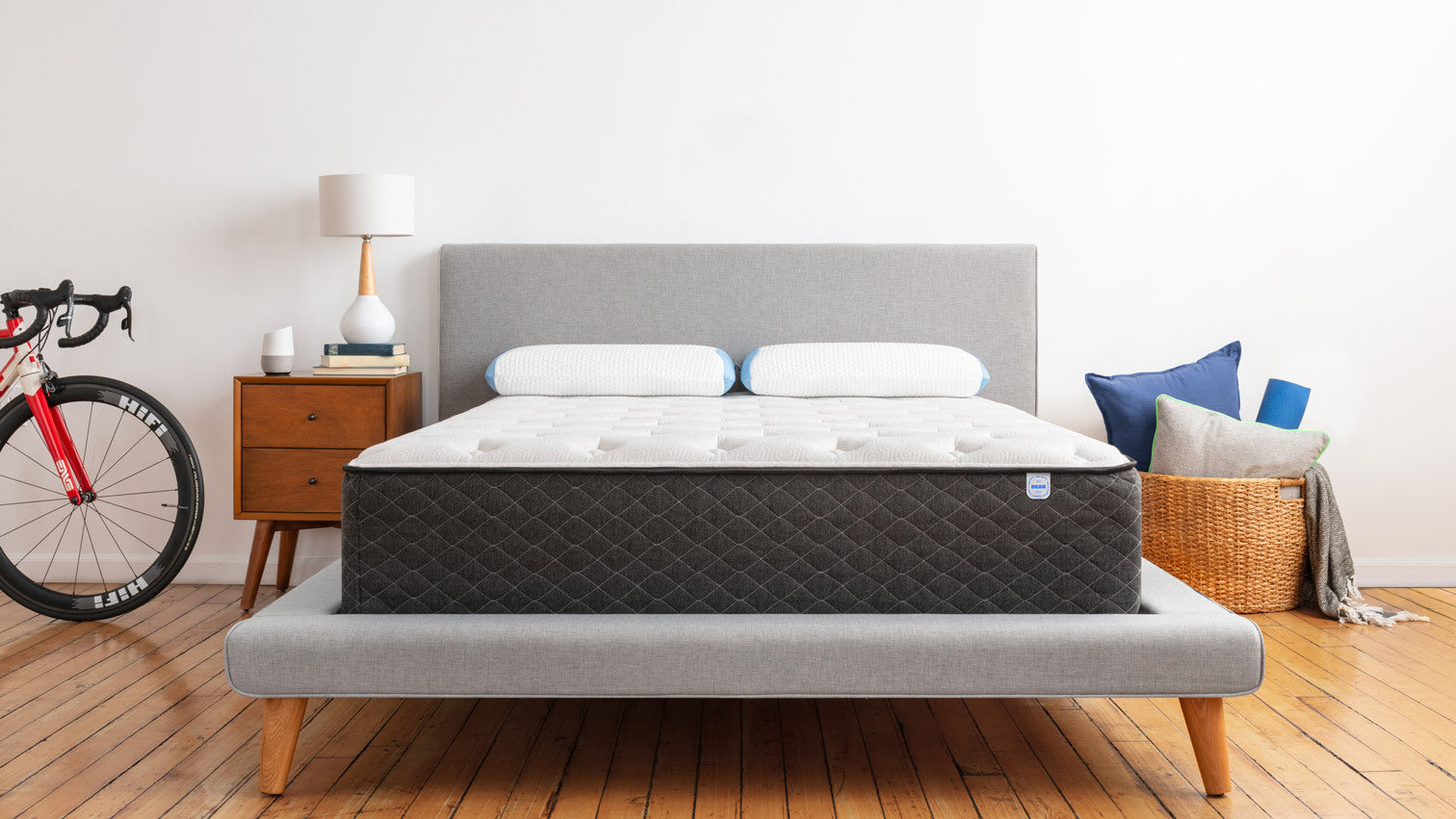Besides making your home feel lush and green, indoor plants also offer a number of physical and mental health benefits, from easing stress to nipping that runny nose in the bud. There are even some plants that can help you sleep better — and we took a look into some of the best plants that do exactly that!
1. Best Plant for Inducing Sleep: Valerian

Valerian has been used for centuries as an herbal sleep aid. But did you know that simply keeping a valerian plant in the bedroom can also help? It has tufts of dainty pink and white flowers with a pleasant scent that have been shown to induce sleep and improve the quality of sleep. Just be sure to place your valerian plant by window — it needs around six hours of sunlight per day.
2. Best Plant for Deeper Sleep: Lavender
Proven to lower heart rate, blood pressure, and stress levels, lavender is another common sleep aid. In fact, a study by the Miami Miller School of Medicine found that lavender bath oil calmed babies and helped them fall into a deeper sleep, and reduced the stress of the mother.
While you can use lavender in everything from essential oil diffusers to pillow sachets, we like to go straight to the source and keep a lavender plant in the bedroom for ongoing aromatherapy and deeper sleep. All lavender really needs is warmth and sunlight — it likes to be watered sparingly!
Warning! Lavender is toxic to dogs and cats.
3. Best Plant for Relaxation: Jasmine

Jasmine, with its dainty white flowers, makes for a lovely houseplant. Better yet, its sweet fragrance has been shown in clinical studies to reduce anxiety levels, thereby aiding in relaxation and improving sleep quality.
Our tip: When planted indoors, jasmine thrives in sunny spots, like a windowsill, and likes soil that drains well.
4. Best Plant for DIY Herbal Remedies: Chamomile

Chamomile has powerful aromatherapy benefits for relaxation and stress — and it helps with digestion, which can be soothing for people who have trouble sleeping due to acid reflux. If you grow your own chamomile plant, either indoors or in the garden, you can use the flowers to make a DIY sleepytime tea. The freshly plucked blossoms will have a stronger sedating effect and a brighter flavor than store-bought tea bags.
Warning! Chamomile plants are toxic to dogs and cats.
5. Best Plant for People with Allergies: English Ivy

According to NASA, English ivy is a high-ranking air purifier and therefore, great for anyone with allergies or asthma — or those who just want cleaner air for a better night’s sleep. Plus, it reduces airborne mold and is super easy to grow.
Warning! English ivy is toxic, so we recommend keeping it in a hanging planter and out of reach of kids and pets.
6. Best Plant for Removing Airborne Toxins: Golden Pothos

We love Golden Pothos because it’s pretty much impossible to kill. But we also love it because it removes toxins like formaldehyde and carbon monoxide from the air, and can help filter outdoor pollutants that may enter your home through open windows.
Warning! Golden Pothos is toxic to dogs and cats. Luckily, it looks great and grows well in a hanging planter, so you can keep it away from your furry friends.
7. Best Plant for Natural Sedation: Gardenia

Did you know that gardenia works as a natural alternative to valium? Yep, researchers in Germany discovered that its fragrances have the same effects as commonly prescribed sleeping pills and mood enhancers. This makes gardenia a great bedroom plant — however, it’s as finicky as it is gorgeous. It’s super delicate and needs bright, indirect sun and high humidity, so we only recommend it if you have a green thumb.
8. Best Plant for Air Purification: Snake Plant

Also known as “mother-in-law’s tongue,” the snake plant removes harmful chemicals, including trichloroethylene and benzene, from the air. (According to NASA, it’s one of the top 10 air-purifying plants!) It also emits oxygen at night, which can help you breathe easier as you sleep.
Bonus: Snake plants are super easy to care for — they actually like to be deprived of water, and they don’t need direct sunlight to grow.
Warning! Snake plants are toxic to dogs and cats.
9. Best Plant for Improving Overall Air Quality: Aloe Vera

As plants go, aloe vera is pretty incredible. Its gel soothes everything from sunburns to insect bites, its juice can help with digestion and strengthen the immune system — and it releases a ton of oxygen at night, which both purifies and removes chemicals from the air. Plus, it’s a succulent, so it’s unfussy care-wise. Just keep it in a sunny spot in your bedroom, and squeeze its leaves to determine if it needs water. If the leaves are firm, it’s hydrated; if they’re squishy, it’s thirsty!
Note: While aloe vera gel is safe for dogs and cats, the leaves themselves are toxic.
P.S. Bear Mattresses Can Keep Your Bedroom Air Clean, Too

